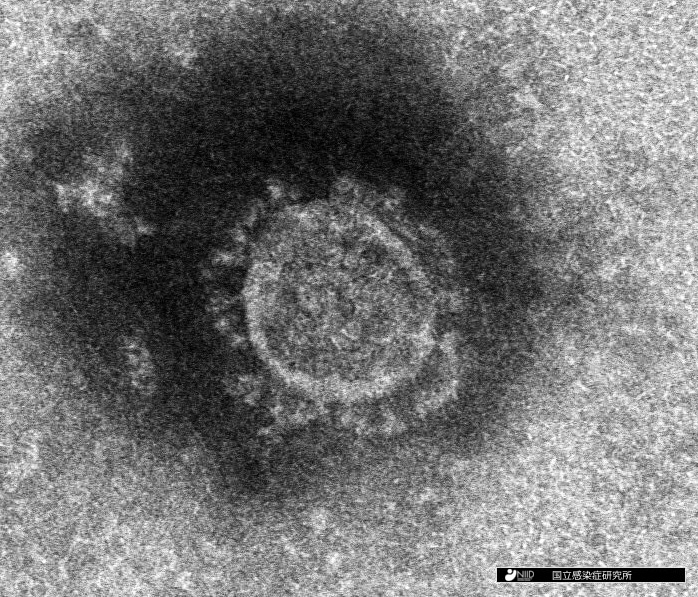Jpn. J. Infect. Dis., 65 (1), 61-65, 2012
To see a printable version of the article in the Adobe file format, click this [PDF] link.
Hui-Min Chang1, Hung-Chin Tsai2,3*, Susan Shin-Jung Lee2,3, Shue-Ren Wann2,3, and Yao-Shen Chen2,3
1Department of Pharmacy and 2Section of Infectious Diseases, Department of Medicine, Kaohsiung Veterans General Hospital, Kaohsiung; and 3National Yang-Ming University, Taipei, Taiwan
(Received February 23, 2011. Accepted October 14, 2011)
*Corresponding author: Mailing address: Section of Infectious Diseases, Department of Medicine, Kaohsiung Veterans General Hospital, 386 Ta-Chung First Rd., Kaohsiung 813, Taiwan. Tel: +886-7-342121 ext 2029, Fax: +886-7-3468292, E-mail: This email address is being protected from spambots. You need JavaScript enabled to view it.
SUMMARY: Noncirrhotic portal hypertension (NCPH) has recently been reported as a liver complication in human immunodeficiency virus (HIV)-infected patients and has been found to be associated with exposure to didanosine. Here, we describe the case of an HIV-infected patient with portal hypertension who initially presented with massive ascites and portal vein thrombosis. The patient's HIV-1 infection was well-controlled with highly active antiretroviral therapy (lamivudine/didanosine plus nevirapine) for 3 years since its diagnosis in 2007. He had no history of alcoholism, drug abuse, or liver diseases. An extensive work-up for other possible causes of liver disease was performed, but the results were inconclusive. In addition to reporting this case, we have reviewed the literature on didanosine-related NCPH and analyzed the findings of 61 similar previously reported cases.
